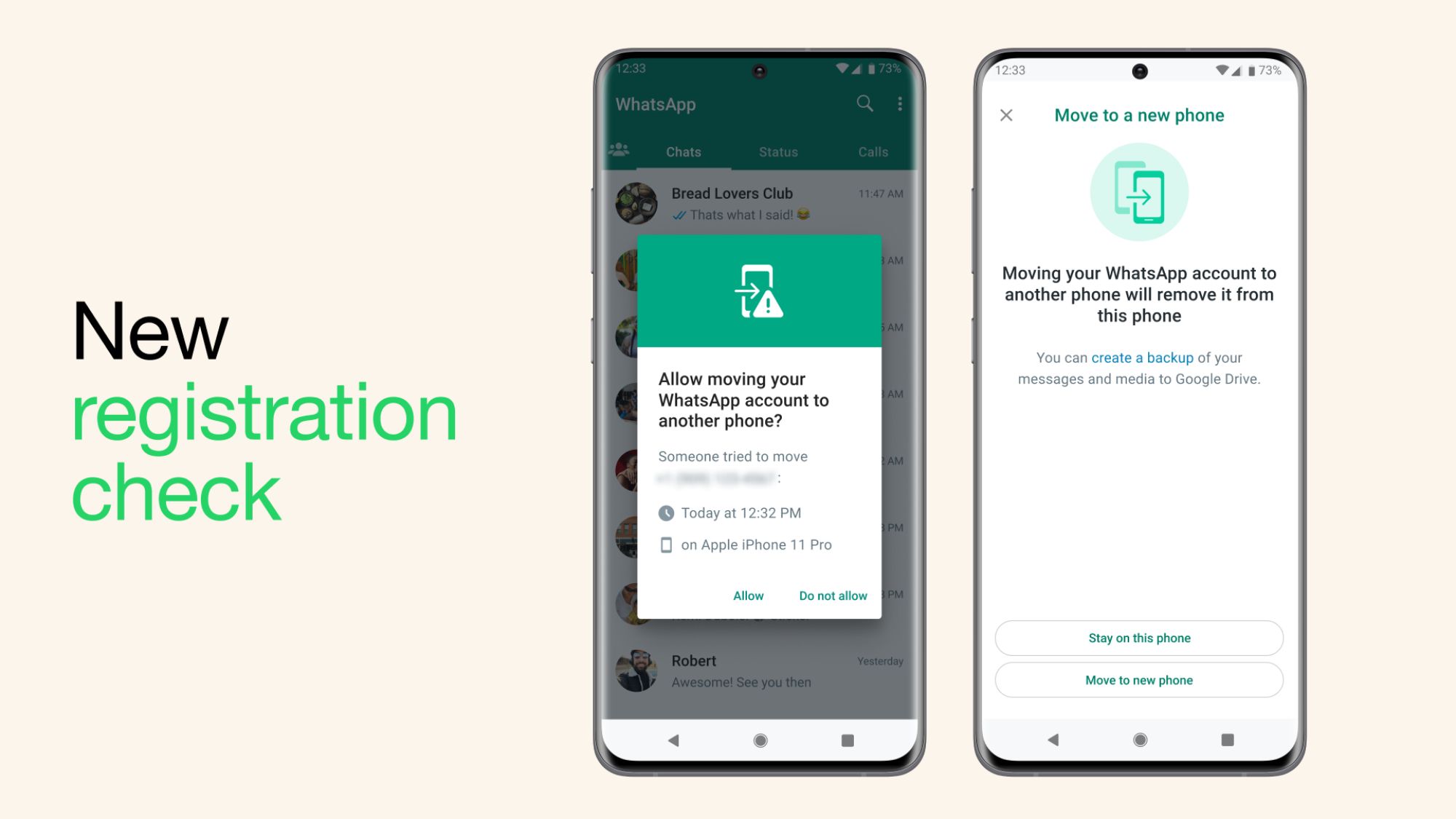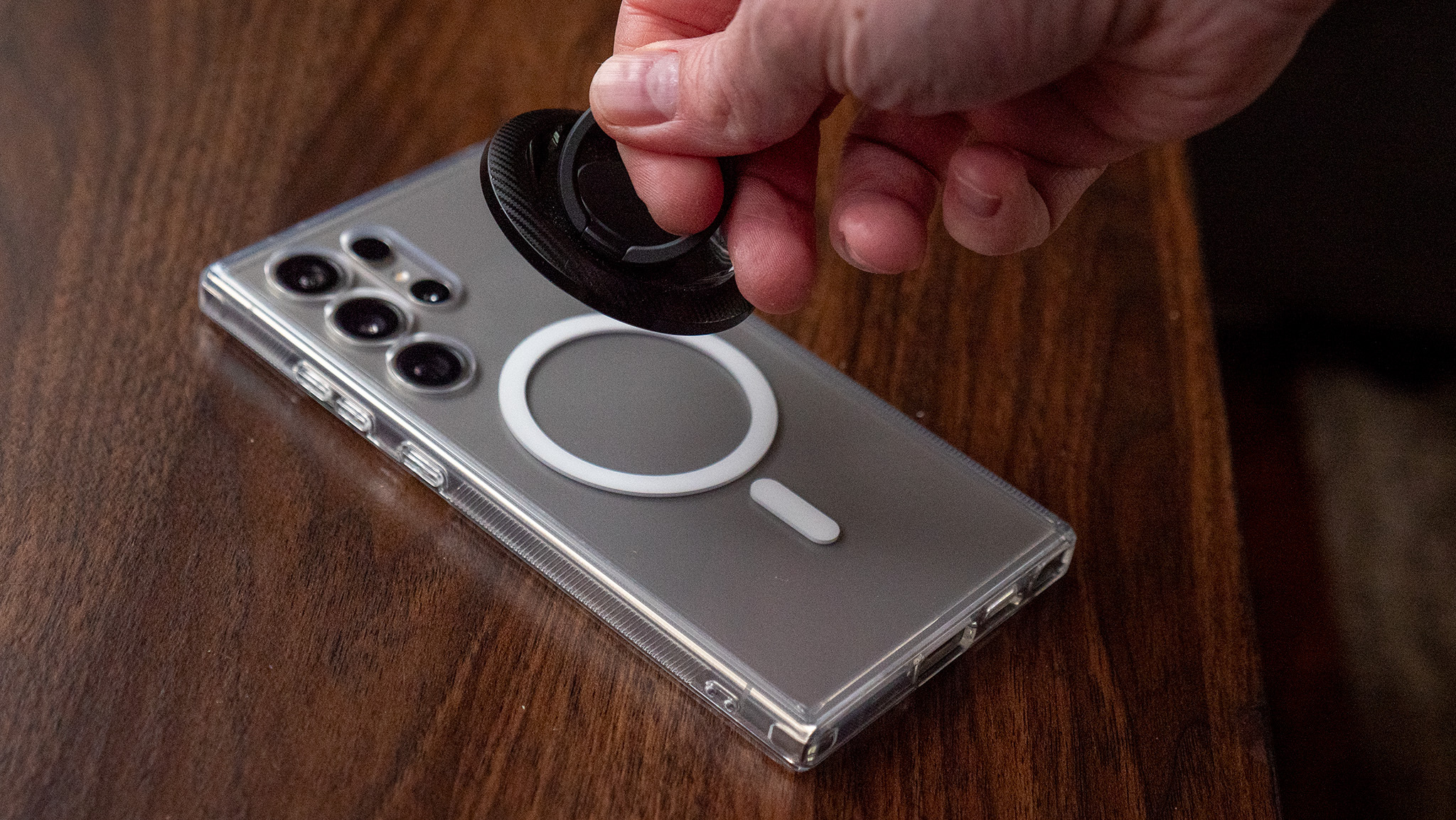WhatsApp announces new security features rolling out soon
They include Account Protect, Device Verification, and Automatic Security Codes.

What you need to know
- WhatsApp brings three new security features to the platform.
- These include Account Protect, Device Verification, and Automatic Security Codes.
- They protect WhatsApp users from malware and enhance security while switching devices.
WhatsApp has always been on the constant lookout to bring new features to its platform, including privacy and security features. This week, the Meta-owned messaging service has announced new security features, which will be added to the platform in the coming months.
In an announcement blog post, WhatsApp introduced three additional ways to help users secure their accounts: Account Protect, Device Verification, and Automatic Security Codes. Users have to bear in mind that these are additional measures to enhance the security of their WhatsApp account, which can already be protected by existing two-factor authentication and end-to-end encrypted backups.
Your privacy remains our priority.To better protect our users, we’re rolling out 🆕 security features that give you more layers of privacy and more control over your messages 🔒Check the 🧵 below to see the new account defense updates.April 13, 2023
The Account Protect feature primarily helps secure the account when users switch devices. To cross-verify the authenticity of the user trying to move devices, the messaging service might first ask users to verify themselves from the older devices that they've signed WhatsApp on.
Device Verification is a new security measure to prevent ATO (advanced account takeover) attacks. These attacks utilize malware to send messages without the consent or knowledge of users, explains the engineering team from Facebook in a recent security blog post.
"Once malware is present on user devices, attackers can use the malware to capture the authentication key and use it to impersonate the victim to send spam, scams, phishing attempts, etc. to other potential victims."
According to the team, Device Verification can let it recognize these situations and "protect the user's account without interruption." The team claims that this method cannot be "impersonated by malware," which typically has the ability to steal the authentication key and make attempts to transmit messages from a location other than the users' device.
The team details how Device Verification works in the blog linked above. The said feature has been rolled out to WhatsApp users on Android devices, and iOS users will likely join in the coming days, as it's currently in the rollout process.
Get the latest news from Android Central, your trusted companion in the world of Android
Lastly, the Automatic Security Code feature makes the current security code verification feature on WhatsApp easier and more accessible. The messaging platform is introducing a new "Key Transparency" feature that allows users to verify that they've established a secured connection automatically.
"What it means for you is that when you click on the encryption tab, you'll be able to verify right away that your personal conversation is secured."
Like the Device Verification, the Facebook engineering team has a separate blog post explaining the technicalities of the new Key Transparency feature. The crux of it is that it provides a solid guarantee of security that simultaneously reduces the effort for users who change devices over time and need not keep in mind encryption keys, including the 60-digit number.
The new feature is said to roll out to Android users in the coming months, while there is no word for iOS at this point.

Vishnu is a freelance news writer for Android Central. Since 2018, he has written about consumer technology, especially smartphones, computers, and every other gizmo connected to the internet. When he is not at the keyboard, you can find him on a long drive or lounging on the couch binge-watching a crime series.
